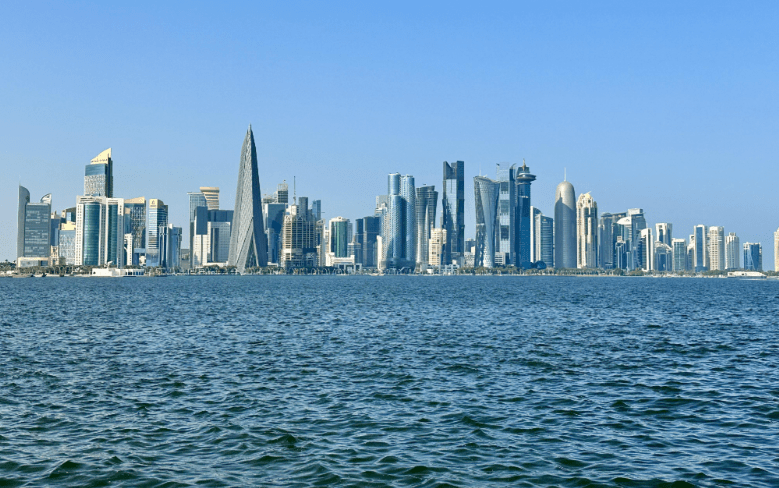Blasts rocked Qatar’s capital on Tuesday afternoon, sparking panic and confusion as black smoke was witnessed rising over the Katara area. The explosions, witnessed by several eyewitnesses, are said to be part of a targeted attack on Hamas leadership members who are based in Doha.
Israel targets senior Hamas officials in Qatar
Al Jazeera, quoting Hamas sources, reported that the attack was directly targeting the group’s top officials, some of whom are party to ongoing ceasefire talks.
These commanders have operated out of Qatar for years, with the Gulf state serving as a central facilitator between Israel and Hamas.
In the days immediately following the explosions, the Israeli army confirmed that it had conducted a “targeted strike” on Hamas’ top brass.
However, it did not specify the exact location of the operation, leaving the world speculating whether this marked Israel’s first public strike within Qatari borders.
Eyewitnesses Describe the Chaos
Locals in and around the Katara area reported scenes of panic and disarray. There were loud explosions followed by columnar smoke, and emergency units were soon seen arriving in haste. No official fatality count has been made available yet.
“This was not a drill. It was sudden. Everyone just froze and then started running,” said a resident who asked to remain unnamed.
A Critical Juncture in Regional Tensions
This event marks a grave escalation. Targeting Hamas officials in Qatar—a third party in the Israel-Gaza conflict can be the catalyst for destroying delicate negotiations and redrawing diplomatic lines in the Middle East.
Here’s what makes this development particularly significant:
- Targeted Figures: According to reports, among those targeted was Khalil al‑Hayya, a senior Hamas official with strong influence over military and political operations.
- Location Shock: Doha has long been a safe haven for Hamas’s political bureau. A strike here sends a sharp message about the expanding reach and confidence of Israeli intelligence and military operations.
- Ceasefire Risks: Many of the targeted individuals were directly involved in ceasefire and hostage negotiation talks. Their absence or loss may derail months of diplomatic progress.
This was not just a strike—it was a message. Hitting Hamas figures in Qatar blurs the line between backchannel diplomacy and direct warfare. It turns Qatar, a long-time intermediary, into a potential flashpoint.
Qatar’s Delicate Position
Qatar now finds itself in an increasingly precarious position. Hosting Hamas leadership has long been a contentious but accepted role, especially by Western governments keen on indirect dialogue. With this strike, that position is no longer neutral—it’s under fire, both literally and diplomatically.
So far, there has been no official response from Qatari authorities. The world is observing to determine if Doha will decide to ramp up the situation, continue playing the role of a mediator, or back out from the negotiations entirely.
Unanswered Questions Linger
- Was the Israeli strike officially sanctioned to take place within Qatari borders?
- How will Qatar react to this breach of sovereignty, if confirmed?
- What impact will this have on future hostage talks, ongoing truce negotiations, and wider regional stability?
This is not just another chapter in the ongoing conflict—it may be the start of a whole new volume.
This story is developing. Further updates to follow as more details emerge.






